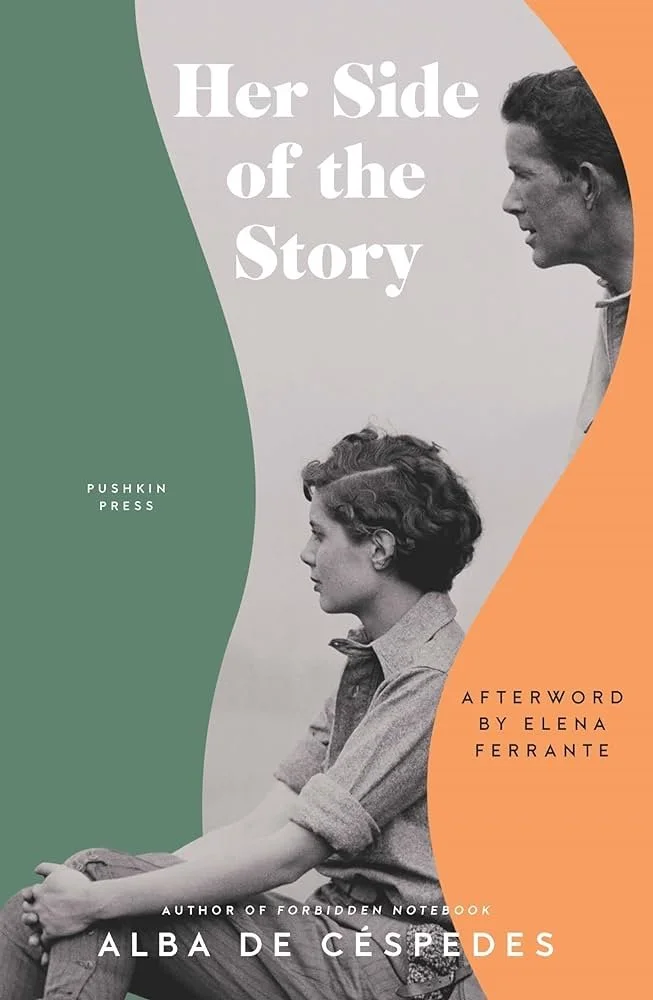I’ve been very eager to read more by Iris Murdoch since this year marks the centenary of her birth. I’ve read a few of her novels in the past and probably “The Sea, The Sea” is my favourite. It’s a nice coincidence that I read “The Bell” after “The Blithedale Romance” because they both involve stories about the formation of intentional communities. While I was frustrated with the limited perspective Hawthorne gave of the organization and social challenges involved in creating and running such a community, “The Bell” showed more about this in its depiction of the workings of a lay religious community which exists directly alongside an enclosed nunnery. The interpersonal dramas of the community members provide an intriguing and sometimes ironic counterpoint to the hidden, unknown workings of the nuns who exist in a state of presumed harmony within their shielded religious devotion.
The story begins with the perspective of an outsider named Dora who travels to meet her husband at the community’s estate in the hope of reconciling their crumbling marriage. Gradually the narrative focuses more on the community’s pious leader Michael who struggles to suppress his homosexual desires when he becomes close to attractive younger men. A number of dramatic romantic entanglements ensue while the community prepares a christening ceremony for a new bell which is being delivered for the bell tower – it’s gone without a bell since (legend has it) the original 12th century bell was thrown into a lake which exists snugly alongside the community buildings. Though the story veers towards the melodramatic at some points, I nevertheless felt a real sympathy and connection with a lot of the characters. I also found the philosophical and religious arguments threaded throughout their encounters really compelling.
Murdoch is great at showing highly relatable psychological details such as Dora’s conundrum about whether to give up her seat on a train to an older lady or the awkwardness of a woman who doesn’t want to sound like a prig but who can’t stop herself from judging Dora’s behaviour. The novel also gets into the gritty combative behaviour that can occur in a small community of people who have strong values that they aren’t willing to compromise. A meeting about whether or not to shoot animal pests that ruin their crops becomes such a drawn out banal discussion, but I found it really poignant in that it shows how difficult it is for people with different values to live harmoniously. I got the feeling over the course of the novel that the more people cling to their high ideals the more they set themselves up to fall and feel disappointed when they can’t live up to them.
A small thing I really admired was how Murdoch portrays a young man named Toby who proudly uses the word “rebarbative” early in the novel. It’s a word he’s recently learned and likes the sound of. He uses it as a descriptive term again much later in the novel and I like how this reflects the way younger people can self-consciously acquire new language to interpret and describe the world around them. It fits so well as a way of expressing his precocious nature and also playfully shows a level of pretention to his character. Though he’s relatively naïve, he finds himself in a position of power to cause serious consequences to the community. Murdoch describes his sense of inner conflict so well especially in how he veers between feelings of victimhood and desire when he receives unexpected romantic attention. In fact, Murdoch is excellent at portraying the confusion many of her characters feel as well as their surprise at their own course of actions when decisions are made spontaneously.
One the most moving things about the novel is how seriously Murdoch treats Michael’s dilemma over his sexuality. It’s so compelling how he truly believes there is nothing wrong with his desires but that he must suppress them because they are at odds with his spiritual practice. This seems especially significant considering this novel was published nine years before the Sexual Offences Act which legalized private homosexual acts between two men in England – something author Sarah Perry notes in her excellent introduction to this new edition. Murdoch strikes me as wonderfully sex-positive in her writing, yet she obviously concedes it can lead to very tricky situations which her characters become entangled in. Just as compellingly she shows Dora’s dilemma as she tries to make her marriage to her husband work even though he’s often a patronizing bore. I think what’s so memorable about Murdoch’s novels is that she creates some really striking scenes which will stick with you because they so dramatically encapsulate the moral dilemmas her characters face.










